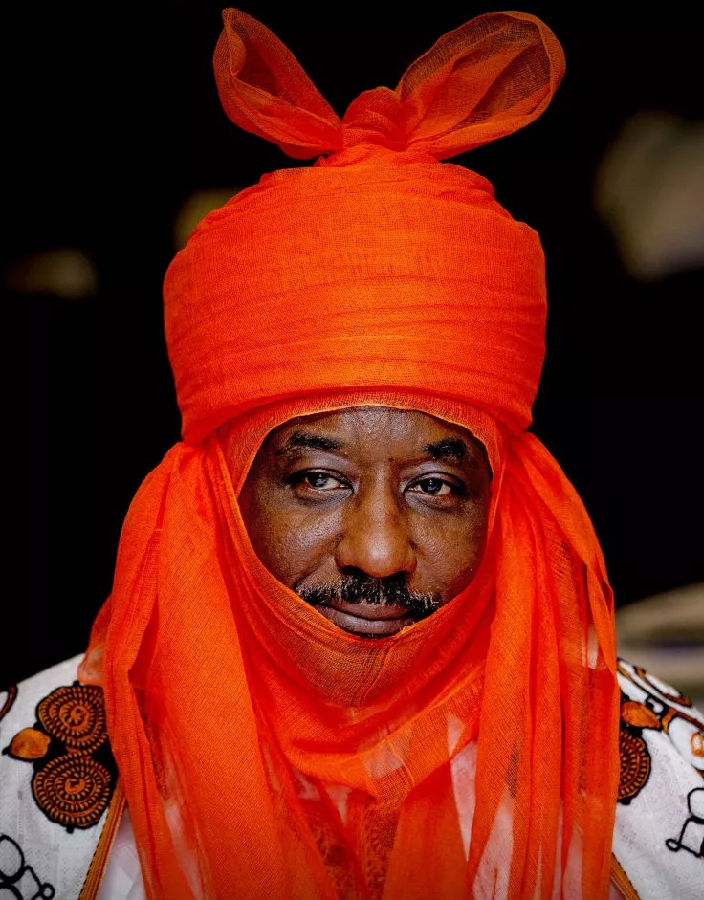Transforming an economy isn't easy, but it can be done. When Mao Zedong died in 1976, China was one of the world's most backward and impoverished nations. Gross domestic product per capita, essentially a measure of average income, was about $200 (adjusted for inflation). Two years later, Deng Xiaoping came to power and deregulated the economy. It exploded. Average annual income is now close to $10,000; 850 million people were lifted out of poverty. The transformation was accomplished with astonishing speed. Uche Orji, a former Wall Street investment banker who's now CEO of the Nigeria Sovereign Investment Authority, says he first went to China in 1998. When he went back five years later, it was "pleasantly unrecognizable."
转变一个经济体并不容易,但可以做到。1976年毛泽东去世时,中国是世界上最落后、最贫困的国家之一。人均国内生产总值 (本质上是衡量平均收入的指标)约为200美元(经通胀调整后)。两年后,邓小平上台,解除了对经济的管制。经济暴涨。平均年收入现在接近1万美元;8.5亿人摆脱贫困。这一转变以惊人的速度完成。前华尔街投资银行家、现任尼日利亚主权投资局首席执行官的乌切?奥尔吉称,他1998年第一次来到中国。五年后,当他再到中国时,发展快到“难以辨认”。

Nigeria's numbers today are surprisingly close to where China's were before reform. In 1978, China's poverty rate was 55 percent, almost identical to the most recent statistics for Nigeria. And adult literacy in China was only 65 percent, comparable to Nigeria's 62 percent. Today, China's poverty rate is almost zero, and literacy is at 97 percent.
尼日利亚今天的数字与改革前的中国惊人地接近。1978年,中国的贫困率为55%,几乎与尼日利亚最近的统计数据相同。当时中国的成人识字率只有65%,而与之相较尼日利亚仅62%。今天,中国的贫困率几乎为零,识字率为97%。
If a comparison to China seems too ambitious, how about India? Nigeria and India have more than a few similarities: Both are ex-British colonies and have an extraordinary number of ethnic groups (2,000 in India), endemic corruption, religious conflicts and a loyal and highly educated diaspora. Before 1991, India had a heavily regulated socialist economy, with extreme levels of protectionism for domestic industries and notorious levels of red tape and bureaucracy. Facing default, Prime Minister P.V. Narasimha Rao and Finance Minister Manmohan Singh began a reform program of reducing tariffs, opening the economy to competition and foreign investment, and slashing bureaucracy. GDP per capita rocketed from $368 to $2,010. Between 2014 and 2018, India grew faster than China.
如果与中国相比显得过于雄心勃勃,那么印度呢?尼日利亚和印度有很多相似之处:它们都是前英国殖民地,有着数量惊人的种族群体(印度有2000个)、腐败之风、宗教冲突,以及忠诚且受过高等教育的海外侨民。1991年以前,印度的社会主义经济受到严格监管,国内产业保护主义程度极高,繁文缛节和官僚作风臭名昭著。针对违约,总理P.V. 纳拉辛哈·拉奥和财政部长曼莫汉·辛格开始了一项降低关税、向竞争和外国投资开放经济、削减官僚机构的改革计划。人均GDP从368美元飙升至2010美元。2014年至2018年间,印度的增长速度超过了中国。
As with China and India, much of the case for Nigeria's potential comes down to one word: size. Large countries have huge advantages over small ones, both in terms of economic efficiency and in their ability to attract investment. It was the potential of China's huge domestic market, not its usefulness as a source of cheap products, that attracted foreign investment in the 1980s. Nigeria is the "last major open market on earth," says Randy Buday, DHL Express' regional director for West and Central Africa.
与中国和印度一样,尼日利亚的潜力在很大程度上可以归结为一个词:规模。大国在经济效率和吸引投资能力方面都比小国有巨大的优势。上世纪80年代,吸引外国投资的是中国庞大国内市场的潜力,而非作为廉价产品来源的实用性。尼日利亚是“地球上最后一个主要的开放市场,” 敦豪快递公司西非和中非地区主管兰迪?布迪表示。
译文由可可原创,仅供学习交流使用,未经许可请勿转载。












